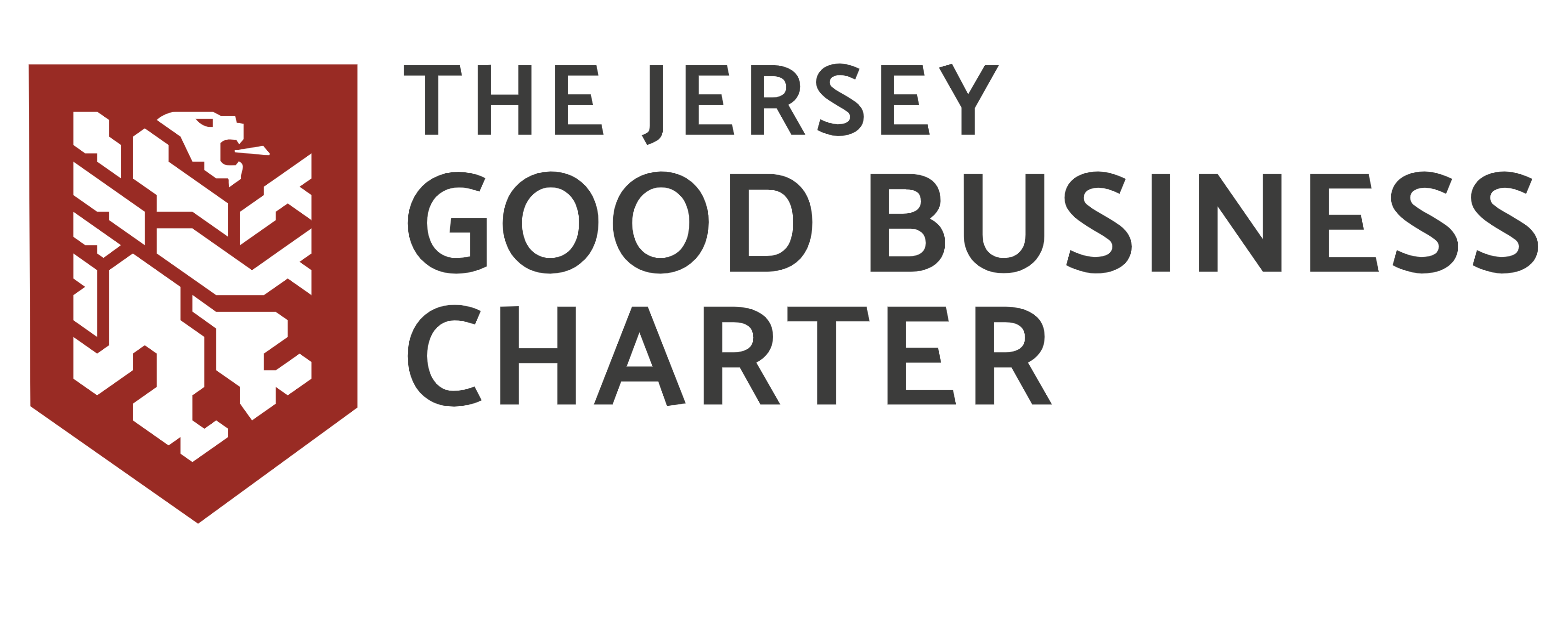The Jersey Good Business Charter: A Path to Ethical Business Practices
In an era where businesses face increasing scrutiny for their practices, the need for ethical standards has never been more pressing. The Jersey Good Business Charter stands as a beacon for companies striving to uphold ethical principles in their operations. Central to this charter is the accreditation process, a rigorous evaluation of businesses’ adherence to principles of decency and fairness in their dealings with suppliers. Let’s delve into what this accreditation process entails, its significance, and how businesses can meet its criteria.
What is the Jersey Good Business Charter?
The Jersey Good Business Charter is a testament to the island’s commitment to fostering ethical business practices. It sets forth principles that encompass fair treatment of suppliers, transparent dealings, and collaborative partnerships aimed at nurturing a vibrant local economy. At its core, the charter seeks to promote responsible business conduct that benefits not only stakeholders but the community at large.
The Accreditation Process: A Gateway to Ethical Business
The accreditation process serves as a litmus test for businesses aspiring to align with the principles of the Jersey Good Business Charter. Through a series of indicators and assessments, businesses are evaluated on their adherence to principles of decency, transparency, and collaboration in their supplier relationships.
Understanding the Indicators
The assessment forms encompass various indicators, each shedding light on specific aspects of ethical business conduct. From prompt payment policies to transparent dealings with suppliers, each indicator underscores the importance of fair and equitable practices in supplier relationships. For instance, Indicator 1.1.1 evaluates businesses’ prompt payment policies, recognizing the detrimental impact delayed payments can have on small suppliers.
Why Does it Matter?
The Jersey Good Business Charter isn’t just about ticking boxes; it’s about fostering a culture of integrity and responsibility within the business community. Ethical business practices not only enhance reputation but also contribute to a resilient and sustainable economy. By prioritizing the welfare of suppliers and fostering collaborative partnerships, businesses play a pivotal role in building a stronger, more inclusive society.
How to Meet the Criteria
Meeting the criteria set forth by the Jersey Good Business Charter requires a concerted effort towards ethical excellence. It begins with a commitment to fair treatment of suppliers, ensuring prompt payments and transparent dealings. Businesses are encouraged to engage with local suppliers, prioritize their selection, and actively seek opportunities for collaboration. By embracing a triple bottom line approach that considers social, environmental, and economic factors, businesses can navigate the accreditation process with confidence.
Conclusion
The Jersey Good Business Charter represents a transformative journey towards ethical business practices. Through its accreditation process, businesses have the opportunity to demonstrate their commitment to decency, fairness, and collaboration in their operations. By upholding these principles, businesses not only enhance their own reputation but also contribute to the collective well-being of the community. As the ethical landscape continues to evolve, the Jersey Good Business Charter stands as a testament to the island’s unwavering dedication to ethical excellence.
